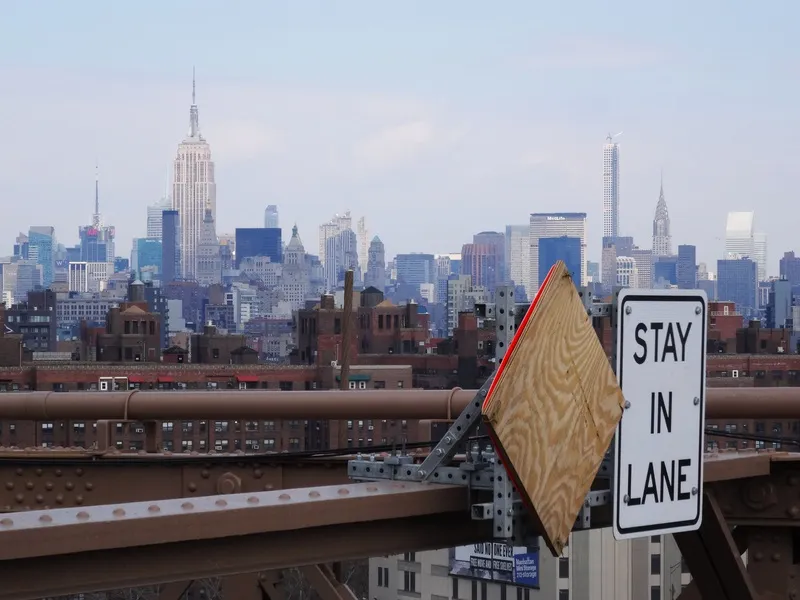
Q-Free’s Intrada Insight solution is to be used by Conduent Transportation in a contract with New York tolling agencies.
Q-Free insists the automated number plate reading (ANPR) and manual image review application software will improve video toll collection read accuracy, reducing toll client billing errors and cutting costs.
The contract will be worth 15-18 MNOK ($1.7m - $2.1m), depending on whether extension options are exercised by Conduent.
Under the 21-month initial deal, the system will process up to 200 million video-based licence plate transactions per year with 99.95% accuracy and read automation rate, Q-Free says.
Intrada Insight applies advanced network learning and machine image processing technologies along with manual image review processes to efficiently automate plate reads and is designed to work across any size of toll network.
Q-Free has signed a number of deals recently, including Weigh in Motion contracts worth 30 MNOK ($3.5m) in Ukraine and Saudi Arabia.
The firm also won a four-year frame agreement with Vegfinans, a regional toll road company in Norway.
The 30 MNOK ($3.5m) contract comprises delivery of toll stations in the eastern part of the country plus service and maintenance for up to 15 years.








